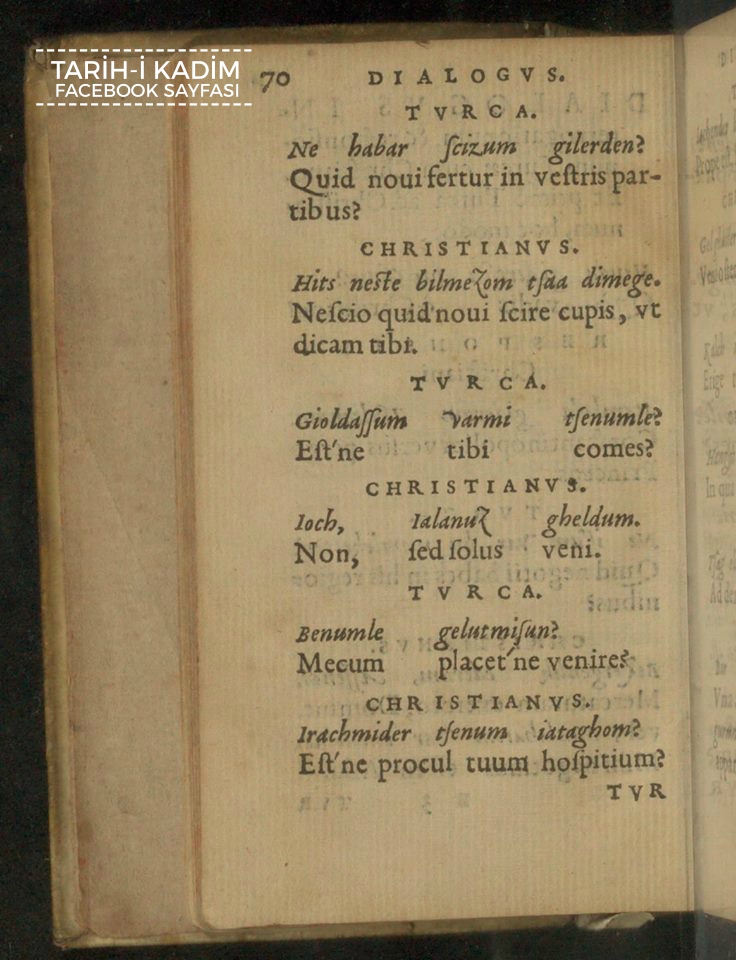Archive for Translation
"Arrival is a tree that is still to come"
Thanks to Chinese characters, we are inundated with such preposterous profundities.
In the day before yesterday's UK Observer, there is an article by Claire Armitstead titled "Madeleine Thien: ‘In China, you learn a lot from what people don’t tell you’: The Man Booker-shortlisted writer on a solitary childhood in Canada and daring to question the Chinese regime" (10/8/16).
Read the rest of this entry »
Trump's vulgarities rendered into Chinese
Judging from these recent Language Log posts and the comments thereto, it is not always easy for native speakers of English to understand what Donald Trump says, especially when he is making lewd remarks:
"A non-apology for the ages" (10/7/16)
"'Like a bitch'?" (10/8/16)
"Trump translated" (9/31/16)
"Trump's aphasia" (9/5/15)
There have been many other attempts on Language Log to clarify Trumpian rhetoric.
If those who are born to English have difficulty comprehending the Donald's utterances, you can well imagine how hard it must be to grasp their nuances in another language. Let's take a look at some of the Chinese translations of Trump's latest crudities.
Read the rest of this entry »
Please prevail in kind
Anne Henochowicz found this on the menu at Panda Gourmet, an incredible dìdào 地道 ("typical; authentic") Shaanxi restaurant in a Days Inn on the outskirts of DC:
Read the rest of this entry »
Google Translate is even better now
According to these two articles, Google Translate is taking a quantum leap forward in the quality of its services, starting with Mandarin to English:
"Google says its new AI-powered translation tool scores nearly identically to human translators" (Quartz, 9/27/16)
"An Infusion of AI Makes Google Translate More Powerful Than Ever" (WIRED, 9/27/16)
Read the rest of this entry »
Toxic shellfish warning in seven foreign languages
Stephen Hart sent in this photograph of a sign that appears on Ediz Hook in Port Angeles, WA (and probably elsewhere in the state):
Read the rest of this entry »
"Add oil"
If you attend Chinese sporting events, you will often hear fans exhort their team to jiāyóu 加油. Should you ask them what that means, they might reply "add oil", which would undoubtedly leave you feeling rather puzzled. From the context, functionally you know that it must mean something like "go!". But how one gets from "add oil" to "go" remains something of a mystery. Cf. the comments to "Non-translation" (7/24/16).
Read the rest of this entry »
What's in the sachet?
At my hotel here in Brno, Czechia, the shampoo comes in small sachets, manufactured in Düsseldorf, labeled with the word denoting the contents in a long list of suitable European Union languages. I can't tell you which languages they picked, for reasons which will immediately become apparent. Here are the first four:
- Shampoo
- Shampoo
- Shampooing
- Shampoo
Read the rest of this entry »
Permalink Comments off
Mr. Mbah
The following article on an Australian website has a slip-up in the handling of an honorific in Indonesian / Javanese:
"Official Indonesian documentation has verified Mbah Gotho was born in 1870, making him the oldest person in the world" (SBS News, 8/31/16)
—–
At the reported age of 145, Mbah Gotho from the Indonesian island of Java could be the oldest person on the planet but he is not interested in celebrating.
“I only want to die,” he told Indonesian television station Liputan 6 in August in Sragen in Central Java.
… Mr Mbah said he has had a tombstone ready since 1992.
Read the rest of this entry »
Trump translated
In "Trump’s Tower of Babble: How the Sapir-Whorf hypothesis explains Donald Trump’s rantings — and why the rest of the world is so confused" (Foreign Policy, 8/30/16), Christopher M. Livaccari and Jeff Wang allege:
Questions about the meaning of Trump’s words… may be a type of category mistake. Trump and his supporters seem to be adherents to a strong version of what linguists call the Sapir-Whorf hypothesis — the idea that the language we use has an effect on our thinking and the way we perceive the world. There’s only one thing the Trump campaign seems to sincerely believe, in other words — namely, that if it says something enough times, no matter how disconnected from truth or logic, other people will begin to believe it.
Read the rest of this entry »
Turkish written with Latin letters half a millennium ago
In "Türkçe'nin 500 Yıl Önce Latin Harfleriyle Yazılışı" (7/26/16), Abdurrahman Onur Çalışır presents a Turkish text written in Latin letters together with a translation into Latin:
Read the rest of this entry »
Cantonese word list and parser
This morning I received an announcement from the The Linguistic Society of Hong Kong (LSHK) that its long awaited Jyutping word list is now online. Access to the word list is available here.
Read the rest of this entry »




